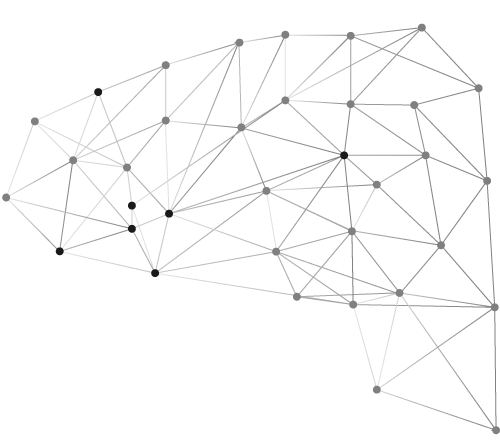theguardian.com, 05 abril 2018
After decades of globalisation, our political system has become obsolete – and spasms of resurgent nationalism are a sign of its irreversible decline. By Rana Dasgupta.
What is happening to national politics? Every day in the US, events further exceed the imaginations of absurdist novelists and comedians; politics in the UK still shows few signs of recovery after the “national nervous breakdown” of Brexit. France “narrowly escaped a heart attack” in last year’s elections, but the country’s leading daily feels this has done little to alter the “accelerated decomposition” of the political system. In neighbouring Spain, El País goes so far as to say that “the rule of law, the democratic system and even the market economy are in doubt”; in Italy, “the collapse of the establishment” in the March elections has even brought talk of a “barbarian arrival”, as if Rome were falling once again. In Germany, meanwhile, neo-fascists are preparing to take up their role as official opposition, introducing anxious volatility into the bastion of European stability.
But the convulsions in national politics are not confined to the west. Exhaustion, hopelessness, the dwindling effectiveness of old ways: these are the themes of politics all across the world. This is why energetic authoritarian “solutions” are currently so popular: distraction by war (Russia, Turkey); ethno-religious “purification” (India, Hungary, Myanmar); the magnification of presidential powers and the corresponding abandonment of civil rights and the rule of law (China, Rwanda, Venezuela, Thailand, the Philippines and many more).
What is the relationship between these various upheavals? We tend to regard them as entirely separate – for, in political life, national solipsism is the rule. In each country, the tendency is to blame “our” history, “our” populists, “our” media, “our” institutions, “our” lousy politicians. And this is understandable, since the organs of modern political consciousness – public education and mass media – emerged in the 19th century from a globe-conquering ideology of unique national destinies. When we discuss “politics”, we refer to what goes on inside sovereign states; everything else is “foreign affairs” or “international relations” – even in this era of global financial and technological integration. We may buy the same products in every country of the world, we may all use Google and Facebook, but political life, curiously, is made of separate stuff and keeps the antique faith of borders.

